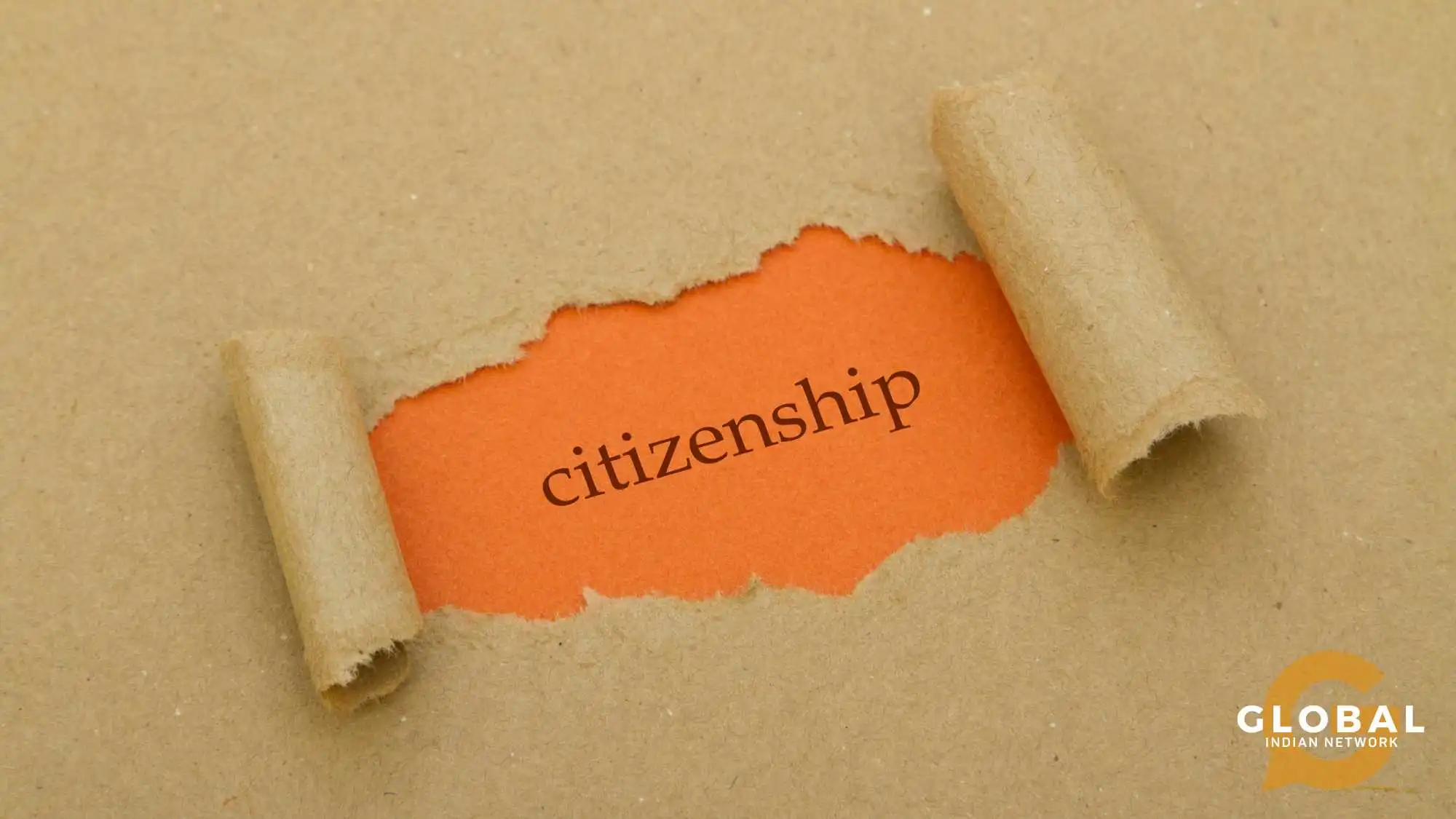Walking through the Caribbean, one can still feel the echoes of a painful past. The lush landscapes and vibrant cultures hide a history marred by the brutal chattels of slavery and indentureship. Generations of men, women, and children were subjected to unexplainable horrors, their sweat, despair, and blood fuelling the wealth of colonial masters. The cries for justice have been long and loud, with Caribbean nations seeking reparations to right these historical wrongs. The staggering sum—running into the hundreds of billions of dollars—reflects the immense scale of the injustice endured. This call for reparations is a call for equality, transparency, and reclaiming identity.
However, amidst this rightful clamor for reparations, recent scandals involving Citizenship Investment Programs (CIP) within these same countries reveal a troubling hypocrisy. The Caribbean’s call for justice is undeniably just, but the actions of some of its politicians today raise serious concerns about their moral authority and could undermine the calls for genuine change. The contrast between the historical quest for reparations and the present-day corruption within CIP programs paints a picture of stark ethical inconsistency that needs to be addressed globally.
YOU MIGHT BE INTERESTED IN: The Bizarre World of Citizenship by Investment: Where Due Diligence Takes a Vacation
The idea behind CIP—offering citizenship in exchange for investment—was, in theory, a lifeline for small nations with limited economic opportunities. The billions of dollars these programs have brought into the Caribbean were meant to spur development and provide a brighter future for generations. Yet, the reality has been tainted by corruption, mismanagement, and a lack of transparency.
In many cases, these systems have been run by international agencies that have brought little positive change to the nations. What was touted as an economic lifeline has created real estate inflation, deep ecological concerns, and an erosion of local identity. Some may argue it has also created future job loss and made particular countries more prone to economic shocks in the future.
Take Saint Lucia, for example. The island’s beauty is shadowed by the murky dealings within its CIP. The recent MSR Media RICO civil lawsuit has brought justified international scrutiny to the program, with key figures like Deputy Prime Minister Dr. Ernest Hillaire and Mc Claude Emmanuel, current CEO of the St. Lucia Citizenship by Investment Unit, implicated. Reliable sources suggest several other lawsuits are in the pipeline that will impact St. Lucia. Concerns about the levels of due diligence have been highlighted, such as the case of Boniface Amadianeze Odenigbo, a Nigerian fraudster who was granted St. Lucian citizenship.
Many of the issues mentioned and in the past have exposed severe regulatory and enforcement failures within Saint Lucia’s CIP. Allegations suggest that the Citizenship by Investment Unit facilitated illicit financial activities and discrepancies in conduct cast a long shadow over the program and the nation’s integrity. Saint Lucia is not alone; Antigua and Barbuda have also faced controversy with accusations of CIP fund misuse and lax oversight, coupled with the high-profile Mehul Choksi debacle that remains contentious.

International bodies, such as the Financial Crimes Enforcement Network (FinCEN) in the United States and the European Union, have raised justified alarms about the potential misuse of CIP schemes for money laundering and other illicit activities. These concerns highlight not only regulatory weaknesses but also broader implications for global financial integrity and transparency. It also places the welfare of the nation’s citizens at the heart of the matter.
The involvement of ministers and CEOs in these scandals dramatically erodes the moral standing of Caribbean countries on the global stage. When politicians entrusted with public office are implicated in corruption, it casts a long shadow of doubt over their nation’s commitment to ethical governance and accountability. The allegations against specific individuals, including Mc Claude Emmanuel, underline the systemic challenges these nations face in maintaining standards of integrity and transparency.
The selling of citizenship across the Caribbean region is a multi-billion-dollar industry. It brings in unofficially over 40% of a nation’s GDP, which begs the question—when your economy is overly reliant on this commodity, and with so many high-profile corruption cases over decades, where has the public’s purse been spent? And importantly, why have no significant changes taken place?
ALSO READ: Citizenship Investment Programs and The Question of True Value
This hypocrisy is particularly glaring in the context of demanding reparations. Reparations are not just about financial compensation; they are about justice and recognizing historical wrongs. Yet, how credible is this call when Caribbean politicians themselves are ethically compromised? How can the politicians of these nations demand reparations for past injustices while failing to address present-day governance failures caused by their own leadership and lack of transparency over CIP expenditure? If the allegations are true, how can the people of the Caribbean expect any real change and dignity if there is no accountability for the billions in revenue from selling their nation’s passports, which have done little to ease their day-to-day life?
These scandals strike at the heart of the general public in Caribbean countries. They raise fundamental questions about the moral authority of their governments and the accountability of their leaders. Should citizens trust leaders who seem to prioritize personal gain over public welfare? Can nations truly progress if corruption and ethical lapses by politicians remain unchecked?
The implications of this hypocrisy are profound. It weakens the collective voice of Caribbean nations in their quest for reparations, undermining their moral authority and international standing. It also perpetuates a cycle of distrust between citizens and their governments, hindering genuine social and economic development.
In conclusion, while the call for reparations by Caribbean countries is just and necessary, it is imperative for these nations to address their internal governance issues. Corruption within CIP programs and the involvement of high-profile officials in scandals not only tarnish their reputations but also diminish their credibility on the global stage. Moving forward, Caribbean nations must prioritize transparency, accountability, and ethical governance to effectively advocate for reparations and truly uphold principles of justice and fairness. Only then can they authentically lead by example and regain the trust of their citizens and the international community alike.
In a letter sent by a Prime Minister of a Caribbean nation to the European Union in which they ask for support and the issues they believe impact small state economies, the true response reveals a deep concern about the integrity and future of CIP programs. One can only imagine the EU’s reply underscores the need for Caribbean leaders to address these systemic issues head-on. I believe it also shapes why many countries are less inclined to discuss reparations directly, due to the mounting list of corruption charges against the same people trying to lead the pack.
Note: The Global Indian Network team contacted the Body of European Regulators for Electronic Communications Office (BEREC), the European Court of Auditors (ECA), and the European Parliament Committee on Civil Liberties, Justice and Home Affairs (LIBE) to comment on this article and give their feedback. However, all the organizations mentioned above declined to comment.










Thank you Rajan for this excellent, thought provoking piece. I agree that there is a lack of transparency and corruption within citizenship by. Investment programmes. However, I think the case for reparations is separate. Corrupt politicians should face the conde of their actions, but ordinary Caribbean folk deserve to benefit from reparations paid by imperialist regimes.
Thanks again for this thought provoking piece.
[…] has been substantially devastated by the recent hurricane Beryl. The article also looks into their citizenship investment program. How much have funds from the Citizenship by Investment (CBI) been used to prevent or mitigate the […]
[…] "Infrastructure Option" is a new feature in Saint Lucia's Citizenship by Investment Program, allowing foreign investors to contribute at least $100,000 for a single applicant or $150,000 for […]